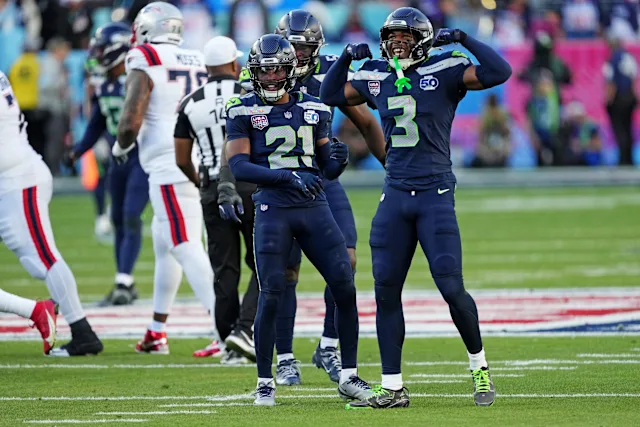
Freeway Rick Ross discusses his journey from infamy to influence, emphasizing the importance of truth in Hollywood storytelling. YouTube
A crucial discussion about who has the right to tell Black stories and how they are told is being illuminated by Rick Ross’s personal evolution, Brandon ‘Scoop B’ Robinson‘s journalistic advocacy, and Hollywood’s long-standing struggle with representational.
Rick Ross’s Evolution: From Infamy to Influence
One of the most profound transformations in modern cultural history is the transformation of ‘Freeway’ Rick Ross, who used to be synonymous with America’s crack epidemic. From being a notorious drug trafficker to an outspoken advocate for authenticity in storytelling, he has deliberately reclaimed his identity. Ross studied law and business with rigor while incarcerated, which reshaped him as a man committed to personal redemption and reshaping the narratives surrounding him. He has pursued entrepreneurship and filmmaking after release.
Struggling to define himself outside of the confines of tabloid headlines and the persona that was taken over by rapper William Leonard Roberts II, also known as Rick Ross.
Hollywood’s Role: The Responsibility of Representation
Ross’s criticism of shows like Snowfall and Godfather of Harlem is a reflection of his general dissatisfaction with Hollywood’s tendency to reduce the Black male experience to stereotypes of crime and violence. While profitable, these portrayals reduce complex realities to one-dimensional archetypes. Ross believes that authenticity in storytelling is not only about artistic integrity but also a political act. It confronts systemic bias, defies harmful myths, and allows for depictions that embody resilience, intelligence, and humanity. He argues that entertainment that favors sensationalism over truth not only misinforms audiences but also perpetuates cycles of dehumanization.
Knowledge as the New Wealth
Ross’s message, which redefines wealth, is one of the most captivating. He believes that true wealth is knowledge, encompassing access to information, the ability to make informed decisions, and the creation of sustainable opportunities. His emphasis on ‘legal money’ is a way to distance himself from the glorification of quick, illegal gains that are often celebrated in pop culture. This perspective offers younger generations a roadmap for empowerment that is grounded in education, entrepreneurship, and community uplift, rather than exploitation. The concept of success is changed from an escape from struggle to a transformation through informed action.
Bridging History and Future
Ross’s relationships with figures like Frank Lucas are often sensationalized, but he presents them in a different light. These are not badges of honor, but rather lessons learned about navigating oppressive systems that he now uses to mentor and advocate for others. The struggle for narrative ownership is represented by his ongoing effort to bring his life story to the screen, despite the industry’s opposition. Ross exemplifies perseverance by resisting Hollywood’s attempts to commodify his life on its own terms and requesting that his story, like many untold Black stories, be told with honesty and nuance.
The Role of Journalism: Scoop B’s Contribution
Brandon “Scoop B” Robinson, a journalist who amplifies these critical conversations rather than sensationalizing them, enters the fray. Ross’s journey is situated within a broader cultural and historical context by Robinson, who emphasizes the significance of these narratives not only for one man but for an entire community seeking visibility beyond stereotypes. Scoop B’s role in shifting the cultural lens is crucial as Ross is given a platform and audiences are reminded that representation is an active, ongoing battle.
Why This Matters
Hollywood has been discussing representation since the days of blaxploitation to today’s prestige dramas. The core question remains: Who is in charge of the lens? Rick Ross and other figures are reclaiming power, and journalists such as Scoop B ensure that these claims are seen, heard, and contextualized. The industry is experiencing a pivotal moment as audiences demand more authentic portrayals. The stakes are high: it’s not just about correcting misconceptions, it’s about tearing down the narratives that have historically constrained Black identity in the public imagination. Ross’s narrative is not limited to personal redemption. Storytellers, journalists, and audiences are all urged to insist on truth, respect complexity, and recognize that the right representation can be a tool for liberation rather than limitation.






